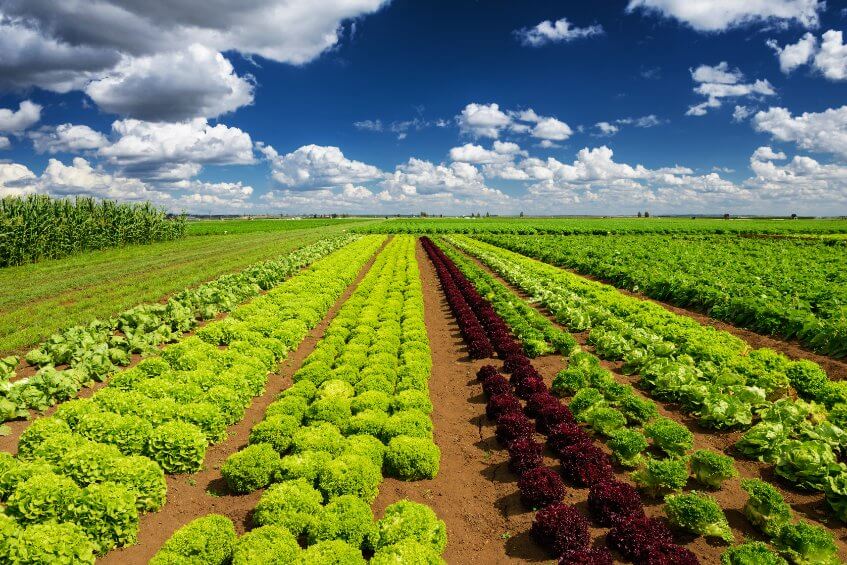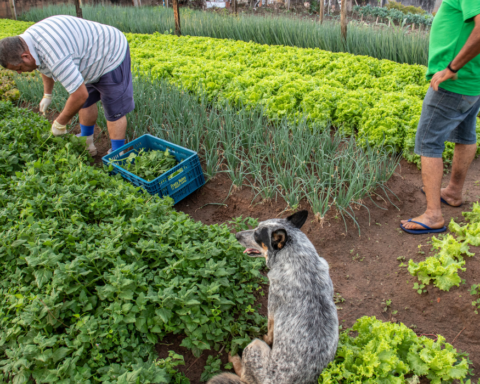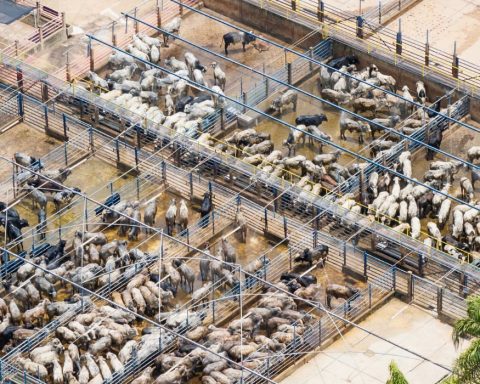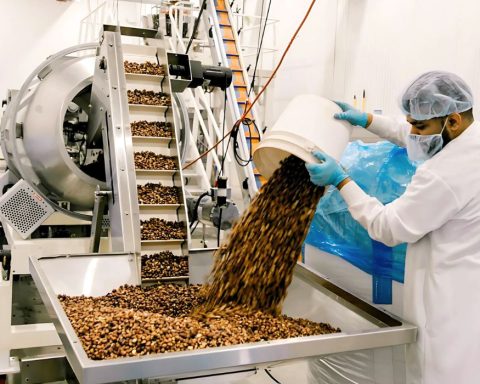Since Sarah Bakker started Field Sparrow Farms with her husband in 2011, she has looked to run her 100-acre farm in an environmentally sustainable way. This has meant using rotational grazing for her cattle and employing other regenerative practices.
She’s hoping more Canadian farmers will convert their own farms to more sustainable operations – and she’s been asking the federal government to give them a financial helping hand. Bakker is part of a farmer-led coalition called Farmers for Climate Solutions (FCS) that has been pushing the federal government to boost the amount of funding it has committed to paying farmers to adopt greenhouse-gas-cutting methods, such as planting cover crops and using less synthetic nitrogen fertilizer. On Friday, the group had mixed success, as federal Agriculture Minister Marie-Claude Bibeau announced half a billion dollars in new funding “to support the sector’s sustainability and competitiveness.”
These kinds of solutions can be important in two ways: by developing healthy, resilient soil in the face of the climate crisis, and by reducing the industry’s significant emissions, which will be vital for the country to achieve its emissions-reducing goals. Crop and livestock farming contributed 10% of Canada’s total greenhouse gas emissions in 2019.
“More is less. The more of these practices we can put in place, the less it’s going to cost us down the line and the less greenhouse gas emissions we’re going to produce as well,” says Bakker.
The federal government wrapped up a third day of talks Friday in Saskatoon with territorial and provincial counterparts to develop what’s known as the Agricultural Policy Framework – a document that will be a road map for government funding for food and farming over the next five years. Part of the discussion was about how governments can help the agriculture industry reduce its greenhouse gas emissions and become more climate resilient. FCS wanted to see the government spend $2.1 billion over the next five years to help the agriculture industry make this transition.
The more of these practices we can put in place, the less it’s going to cost us down the line.
–Sarah Bakker, Field Sparrow Farms
However, the agreement, which is now called the Sustainable Canadian Agriculture Partnership, does not seem to reach that level of funding. It did include a new $250-million cost-shared “Resilient Agriculture Landscape Program” the government says will “recognize ecological goods and services provided by farmers and ranchers.” Bibeau also announced a year-long review of business-risk-management programs to “explore opportunities to further integrate climate risk to identify incentives and conduct a pilot for producers who adopt environmental practices that also reduce production risks.” In a statement, FCS said it saw “many positive outcomes” in the agreement, but “the measures announced by the ministers fall short of the broad, systemic change that is necessary to tackle the climate crisis and make Canadian farms more reslient in the long term.”
FCS had assembled a group of agricultural experts and farmers to put forward recommendations they wanted to see included in the framework. The proposals included $341 million in per-acre payments that would go to farmers who use cover crops and better soil management that would help sequester more carbon in the ground and help limit the use of nitrogen fertilizer (nitrogen fertilizers emit the very potent nitrous oxide). The government has committed to reducing the emissions from nitrogen fertilizers by 30% by 2030, and FCS says its proposals would mean a 33% reduction. All combined, the recommendations could mitigate 16.2 megatonnes of carbon dioxide equivalents by 2028, FCS says. The new agreement committed to a reduction target of only three to five megatonnes.
“Climate change is going to cost us something, whether it’s up front or down the road,” says Bakker. “If we don’t address it, we’re going to continue to pay out those costs.” Failing to act in a meaningful way will also mean ruin for the country’s food security, she adds.
While something is better than nothing, Bakker said before Bibeau’s announcement that she would be disappointed if the federal government didn’t adopt FCS’s recommendations, considering the urgency of the problem.
“We’re at a tipping point. We need to take action,” she says.







